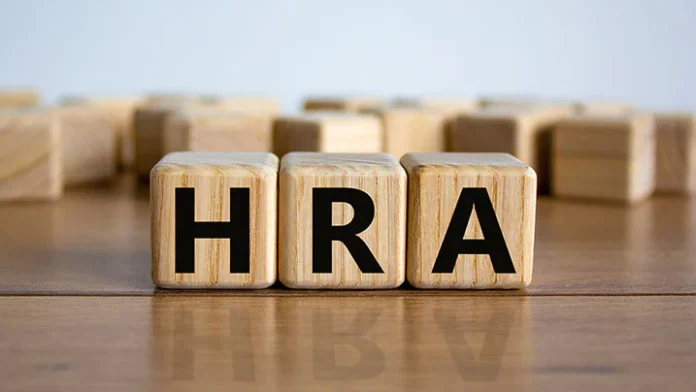While filing Income Tax Return (ITR), taxpayers want to avail maximum exemptions. Salaried persons can avail HRA deduction. If any discrepancy is found in the HRA claim, the department rejects the claim. Let us know in this article which documents are required for the claim?
While filing Income Tax Return ( ITR ), taxpayers want to avail maximum exemptions. Although, the Income Tax Department gives tax exemption to the taxpayer on many schemes and allowances. Even a salaried person who pays rent for his residence can also avail the benefit of HRA deduction.
Let us tell you that salaried persons get house rent allowance (HRA) along with their salary. In such a situation, taxpayers claim HRA exemption, but many times the Income Tax Department rejects their claim.
In such a situation, the question arises as to how to claim HRA so that the claim is not rejected and which documents are mandatory while making the claim.
Before knowing how to claim HRA, let us tell you that the information about how much HRA an employee gets is given in the salary slip. Apart from this, the company also gives this information in the tax projection statement of its financial year.
HRA is a part of salary, so its information is in Part B of Form 16. Form 16 is issued by the company. It contains all the information of the employee like basic salary, TDS, HRA etc.
Is rent agreement and receipt necessary?
Rent Agreement is necessary for HRA claim. Apart from this, Rent Receipt is also important. Actually, the Rent Receipt shows that the employee has paid the rent as per the rent agreement.
For this reason, the taxpayer should keep both these documents safely. Sometimes the Income Tax Department orders to submit these documents due to some discrepancy.
In the absence of rent receipts, the claim can also be rejected by the department. In fact, many times taxpayers make rent agreements with their family members. In such cases, the department rejects the claim due to lack of rent receipts or proof of actual payment.
You can file a claim without a PAN card
- PAN Card is issued by the Income Tax Department. As per the rules, if a person pays less than Rs 1 lakh as annual rent, then the landlord does not need a PAN Card.
- At the same time, it is mandatory to provide the PAN details of the landlord for rent of more than Rs 1 lakh. If the tenant pays rent of more than Rs 6,00,000 annually, then TDS of 10 per cent is deducted from the monthly rent.
- If the landlord does not have a PAN, then in such a situation the landlord has to give a written declaration. In this, the landlord has to give the name, address and other information. This information helps in verifying the rent receipt.


